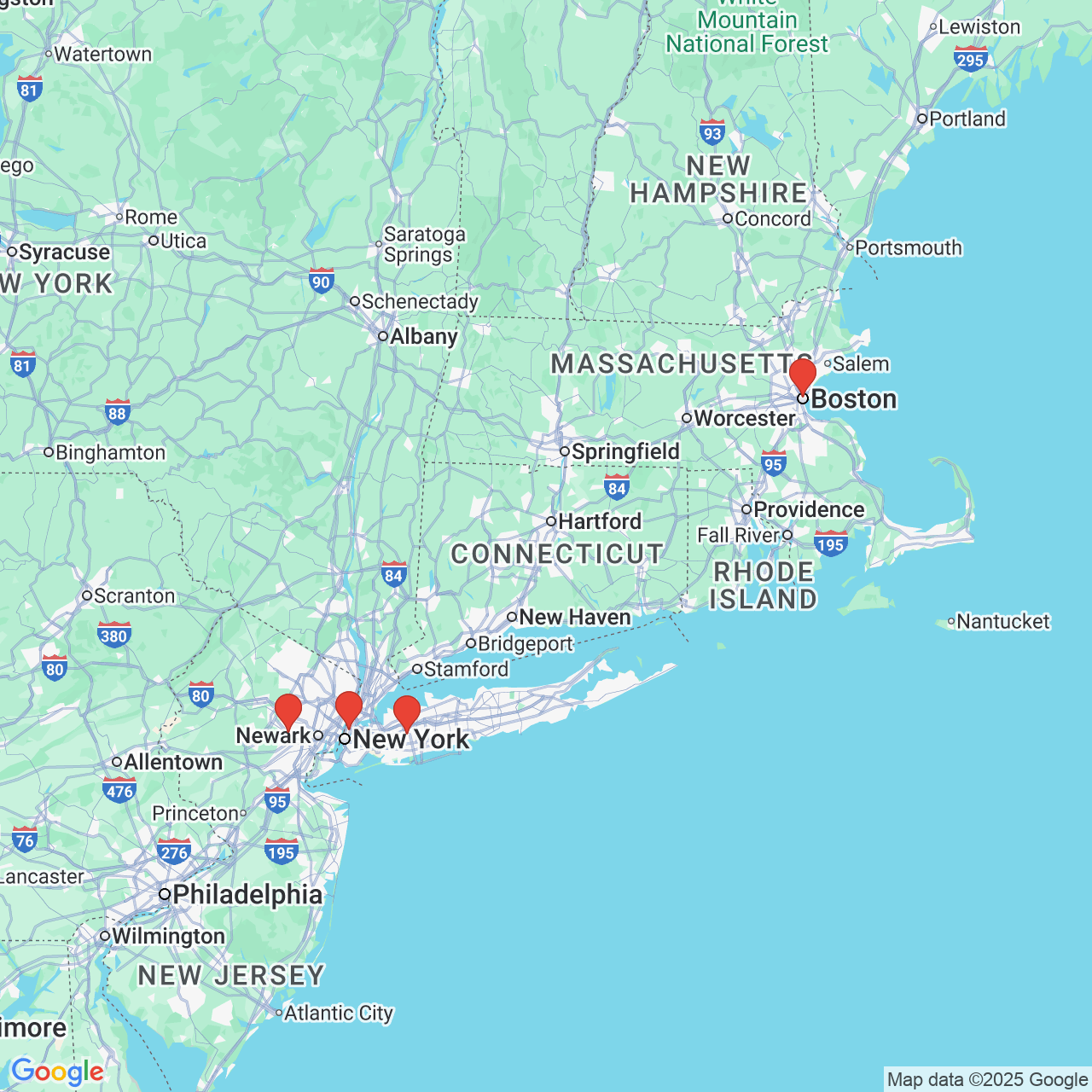Understanding Hair Loss Causes: Non-scarring Alopecia
 A full head of thick hair is a sign of youthful vigor. Unfortunately, if you have lost your hair, it can make you appear older, affecting your self-esteem, as well as your appearance. There are a number of hair loss causes, but one of the most common is non-scarring alopecia. This blanket term actually covers a number of conditions. It includes pattern baldness, temporary hair loss due to medication, and other, rarer forms of hair loss. At True & Dorin, we offer a number of treatment options to replace lost hair and stimulate additional growth. We will determine the right option for you, based on the type of alopecia you have, as well as the way your body responds to treatment. With some types of non-scarring alopecia, your hair will grow back on its own. To learn more about non-scarring alopecia, contact our New York practice today.
A full head of thick hair is a sign of youthful vigor. Unfortunately, if you have lost your hair, it can make you appear older, affecting your self-esteem, as well as your appearance. There are a number of hair loss causes, but one of the most common is non-scarring alopecia. This blanket term actually covers a number of conditions. It includes pattern baldness, temporary hair loss due to medication, and other, rarer forms of hair loss. At True & Dorin, we offer a number of treatment options to replace lost hair and stimulate additional growth. We will determine the right option for you, based on the type of alopecia you have, as well as the way your body responds to treatment. With some types of non-scarring alopecia, your hair will grow back on its own. To learn more about non-scarring alopecia, contact our New York practice today.
What Is Non-scarring Alopecia?
There are two types of alopecia: scarring and non-scarring. Scarring alopecia is fairly rare, and it occurs when there is inflammation on the scalp that destroys hair follicles. With non-scarring alopecia, on the other hand, there is no skin irritation, although there can be significant hair loss. This condition can result from age, genetic factors, certain medications, additional medical conditions, stress, and other factors. Non-scarring alopecia can affect men, women, and children. However, it is most common among older men.
Types of Non-scarring Alopecia
There are several types of non-scarring alopecia. The different conditions include:
- Androgenetic alopecia: Also known as male and female pattern baldness, this is the most frequent cause of hair loss. As you get older, your body will produce more androgens. These hormones, including testosterone, will cause baldness, usually in a very specific pattern. For men, it typically begins along the hairline. Women usually experience thinning hair across the crown. Hair loss often progresses over time.
- Alopecia areata: Alopecia areata is an autoimmune disorder in which your own body attacks your hair follicles. This condition causes telltale round or oval patches of baldness. Fortunately, in most cases, hair will grow back on its own.
- Telogen effluvium: Telogen effluvium is a temporary form of hair loss. It usually results from another health condition or a medication, such as chemotherapy. Hair follicles follow a cycle of rest and growth. If you develop telogen effluvium, an unusual number of follicles enter the resting stages.
- Traumatic alopecia: Traumatic alopecia occurs because of damage to the scalp. Often, these injuries can be the result of straightening, tight braids, dyes, and other hair treatments. If scars have not yet formed, this type of alopecia is reversible.
- Trichotillomania: If you suffer from trichotillomania, severe stress and anxiety causes you to pull out your hair. Cognitive and emotional therapy are vital for this condition. Often, with proper psychological care, your hair will grow back.
Alopecia Treatment Options
Drs. True and Dorin offer a wide range of treatments for hair loss. Following an evaluation of your condition and the patterns of hair loss, your doctor can recommend the right option for you. Treatments include:
- Follicular Unit Transplantation (FUT)
- Follicular Unit Extraction (FUE)
- Platelet-rich Plasma (PRP) Therapy
- Micropigmentation
Remember, some forms of non-scarring alopecia are temporary. Though it may take a while for your hair to grow back in, eventually it could look as full and healthy as it did before. Our doctors are unfailingly honest, and they will never recommend unnecessary care.
Find Out How We Can Reverse Your Hair Loss
To find out the cause of your hair loss, contact True & Dorin Medical Group today.


